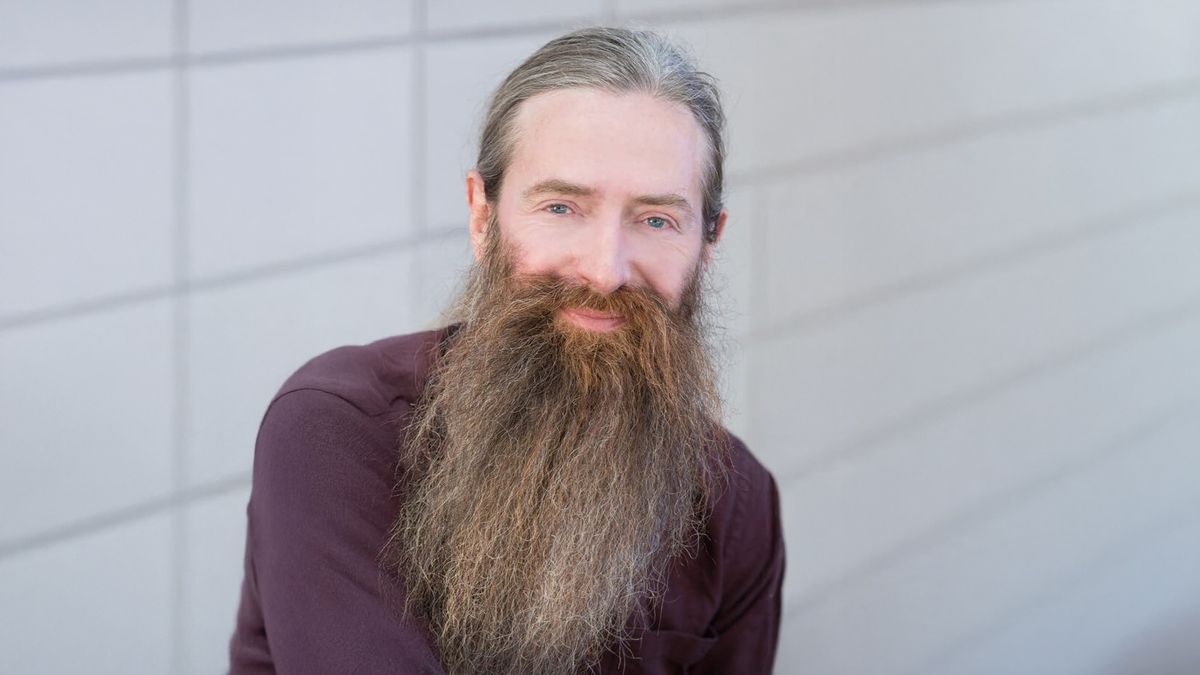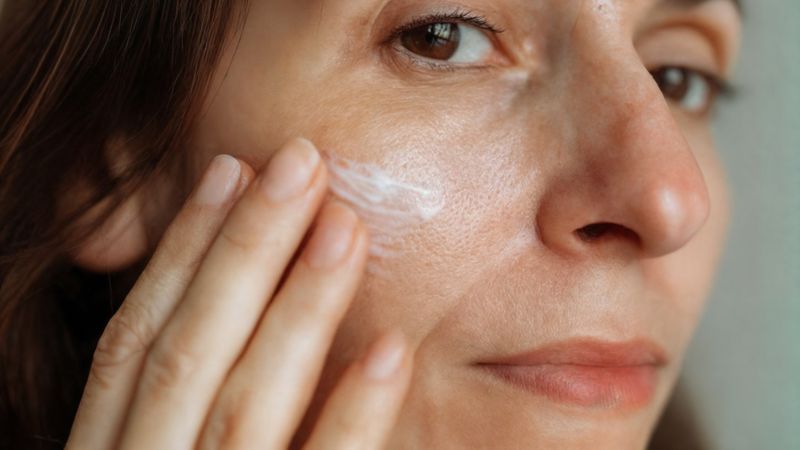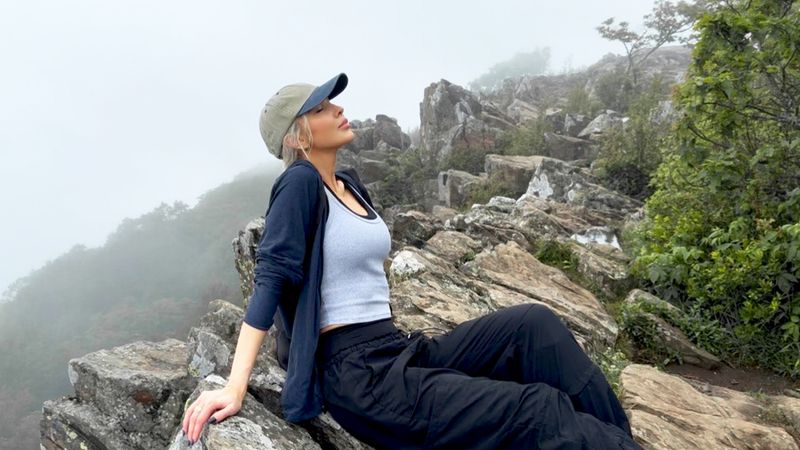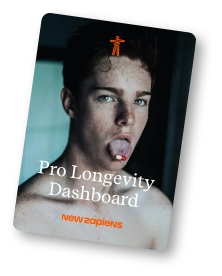Founder interview: Aubrey de Grey, President and Chief Science Officer of LEV Foundation

In our Founder Interview series, we highlight the brightest minds in preventive health, wellness, and longevity. In Episode 4, we’re honored to feature Aubrey de Grey, President and Chief Science Officer of the LEV Foundation—one of the leading voices in longevity research.
Tell us a little about yourself and your current venture
I lead a biomedical research charity that is using mice to discover how to turn the clock of aging back, not just slow it down.
How do you balance the demands of running a business while maintaining your own health and longevity?
I decompress every day in my hot tub.
Do you have a personal health goal? What is it?
To stay as healthy as now forever.
Before launching your venture, can you walk us through the “aha” moment that inspired the creation of your product/service?
We don't have a product or service. My big "aha" moment was in 2000, when I realised that reversing aging (i.e. rejuvenation) would actually be medically far easier than significantly slowing aging down. That's because rejuvenation requires only repair of the damage that the body does to itself in the course of its normal operation, whereas slowing aging requires a vastly more detailed understanding of how the body works than we have today, as well as probably much more sophisticated tools.
What sets your venture apart in the crowded health and wellness industry?
We are the only group pursuing what I view as by far the most promising approach to bringing aging under truly comprehensive medical control: we are giving combinations of damage-repair treatments to normal, middle-aged mice, with the goal of making them stay healthy longer and thus, as a side-benefit, live longer.
What is the most groundbreaking or unexpected finding in the field of longevity research that you’ve come across recently, and why do you find it so compelling?
The most surprising finding is that, at least in mice, repair of just one type of aging damage (for example, elimination of senescent cells) is enough to slow down the advance of pretty much all the other types, thereby delivering some increase in lifespan. That's why we're doing studies to establish how much more life extension can be achieved by doing several such repairs simultaneously.
In your opinion, which emerging longevity trend or product will have the most transformative impact on our health over the next five years, and why?
There won't be any single one. We will defeat aging by a divide-and-conquer approach, combining a lot of different products.
One thing you wish more people knew about health and longevity?
I wish people understood that human aging is really no different than aging of a car: it's simply the accumulation, as intrinsic consequences of the body's normal operation, of initially harmless damage that impairs function once there is more of it than the body is set up to tolerate. It's not a mystery.
What is the biggest longevity myth you’d like to debunk?
That aging is somehow too "natural" to be amenable, even in principle, to medical control.
If you could recommend only one supplement for a longer, healthier life, which would it be, and what makes it indispensable?
I'm a PhD, not an MD, so I don't recommend supplements or other medicines. However, I can give one clear recommendation: listen to your body and do what works for you, rather than believing a book. That's because people differ so much in what are the weak links in their metabolism.
How old can we potentially become at maximum?
There's no limit. People talk about a natural limit, but that's only in the absence of the medicines that people like me are developing.
What resources (books, podcasts, mentors) have been most valuable in your entrepreneurial journey?
My mother taught me to enjoy learning. Then my first business partner gave me the freedom to learn how to work on really difficult problems. Then my first wife got me into biology.
If there’s one message or insight you’d like readers to take away from your journey, what would it be?
Never be scared to fail, or else you'll never try anything that's hard enough to be worth trying.
Author: Karol Domagalski
Family and health first. Big on sports, nutrition, longevity, travel, and all things digital. Founder of New Zapiens, on a mission to help people live their best lives.




